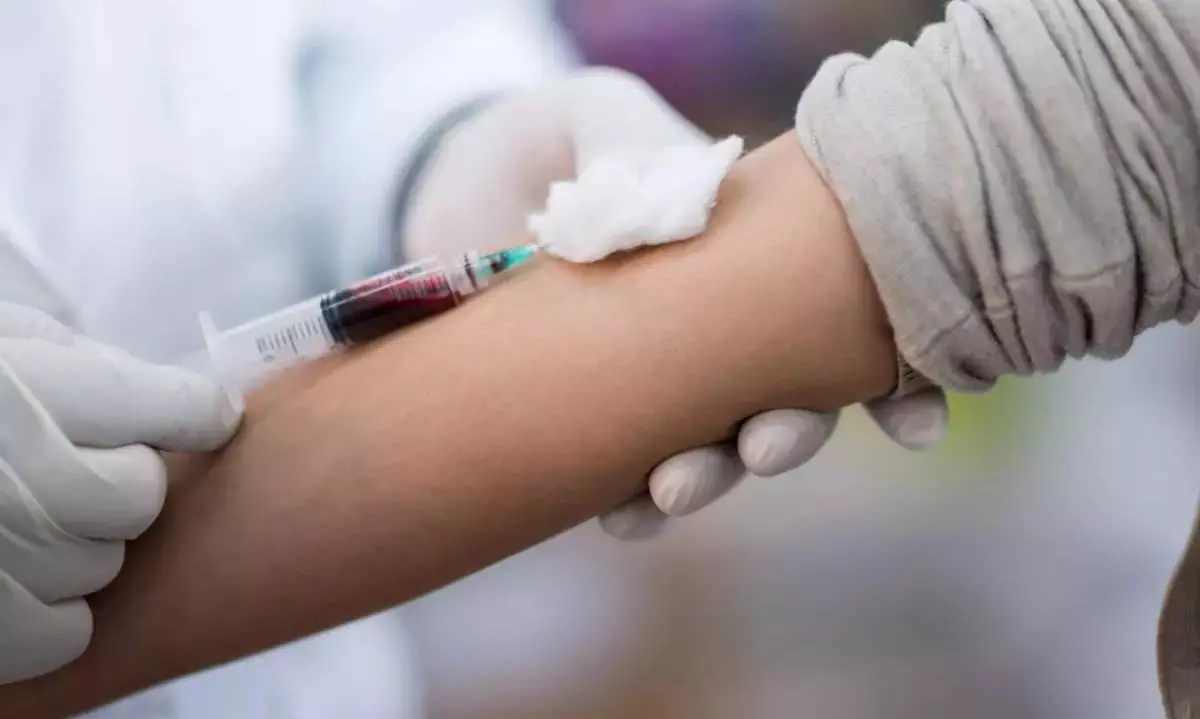
New blood test shows promise in early cancer detection and diagnosis
text_fieldsA blood test, known as the Galleri blood test and developed by California-based company Grail is claimed to have the ability to predict over 50 types of cancer, which in turn could diagnose and possibly help to prevent tumour development in people, according to a study published at the world’s largest cancer conference in the US.
The results of an NHS trial said that the liquid biopsy could accurately identify two-thirds of cancers among the study participants. Furthermore, in 85% of positive cases, the test successfully determined the origin of cancer within the body by detecting minute fragments of tumour DNA in the bloodstream.
The Symplify study, led by the University of Oxford, involved 5,461 individuals in England and Wales who were referred to hospitals by their general practitioners due to suspected cancer symptoms.
The trial results, presented at the American Society of Clinical Oncology's annual meeting, showcased the test's potential to identify and rule out cancer in symptomatic patients. However, experts caution that further research is necessary before integrating the Galleri test into healthcare systems.
Professor Mark Middleton, who spearheaded the trial, highlighted the test's ability to identify individuals requiring urgent cancer investigations who might not currently be referred by their GPs.
Moreover, the blood test could expedite the diagnostic process in cases where the appropriate rapid diagnostic pathway is unclear, potentially reducing the overall number of tests required for cancer diagnosis.
Experts in the field have praised the findings, emphasizing the test's potential impact on early cancer detection and improved clinical outcomes. However, they also emphasize the need for larger-scale trials to validate the test's effectiveness.
The NHS is currently conducting additional research, including testing the Galleri test on thousands of asymptomatic individuals to assess its ability to detect hidden cancers. If successful, the test could be made available to approximately one million people as part of the NHS screening program.























